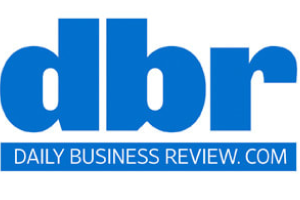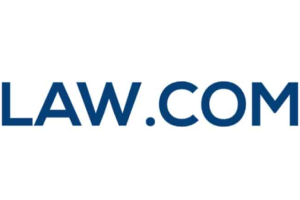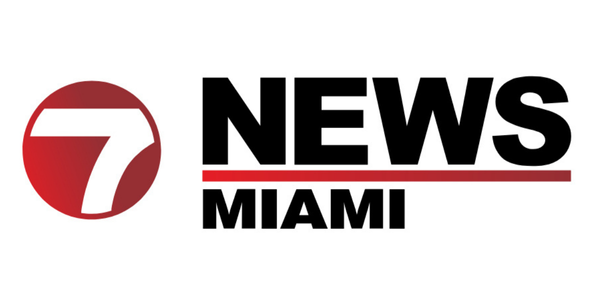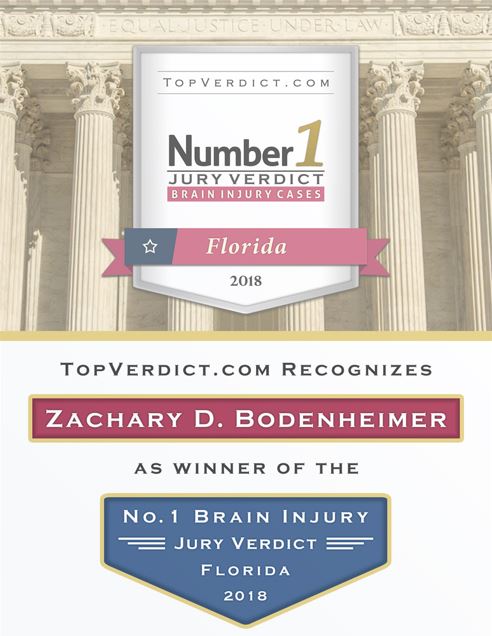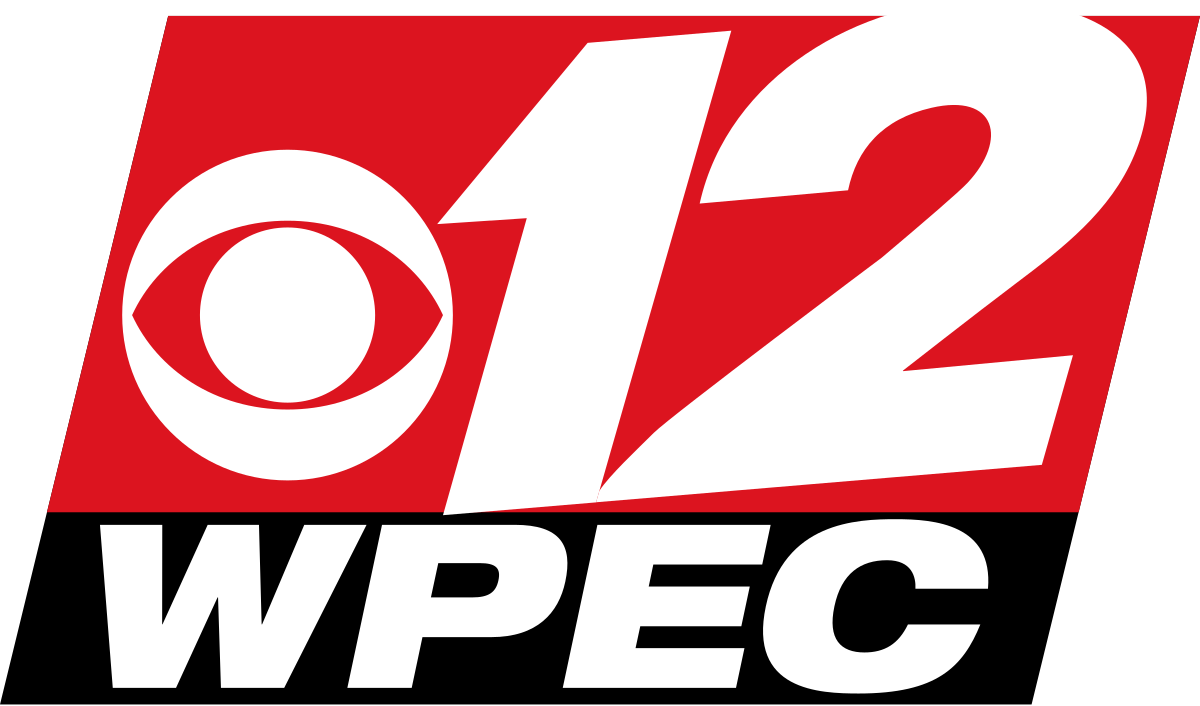- Free Consultation: 305-638-4143 Tap Here to Call Us
What To Do When an Uninsured Driver Hits Your Car in Florida

Being involved in a car accident is a stressful experience, but it becomes even more complicated when the other driver is uninsured. Unfortunately, uninsured drivers are more common than you might think in Miami. According to the Insurance Information Institute, Florida has one of the highest rates of uninsured drivers in the country, with nearly 20% of drivers lacking proper coverage. This presents a significant challenge for accident victims who are left wondering how they will recover compensation for their injuries and property damage.
At Flanagan & Bodenheimer Injury and Wrongful Death Law Firm, we understand the difficulties you face when dealing with an uninsured driver. This blog will walk you through the steps to take after a car accident with an uninsured driver and outline your legal options for recovering compensation.
1. Stay Calm and Call the Police
After any accident, your safety is the top priority. If you are involved in a collision with an uninsured driver, take the following steps:
- Move to a safe location if possible to avoid further accidents.
- Check for injuries and seek immediate medical attention if needed.
- Call 911 to report the accident. It’s important to have an official police report, especially when the other driver is uninsured. This report will serve as critical evidence for any future claims or legal action.
The police report should document the details of the accident and the fact that the other driver lacks insurance. This report can be a valuable piece of evidence when dealing with your insurance company.
2. Gather Evidence at the Scene
While waiting for law enforcement to arrive, gather as much evidence as possible to support your case:
- Take photos of the accident scene, vehicle damage, road conditions, and any visible injuries.
- Exchange information with the other driver, including their name, contact details, and vehicle information. Even though they are uninsured, this information is important for any future claims.
- Speak with witnesses and collect their contact information. Witness statements can help establish fault and verify the details of the accident.
The more evidence you have, the stronger your case will be when seeking compensation from your own insurance company or through other legal avenues.
3. Notify Your Insurance Company
After leaving the scene of the accident, you must notify your insurance company as soon as possible. Florida’s no-fault insurance system requires drivers to carry Personal Injury Protection (PIP) coverage, which provides compensation for your medical bills and certain other expenses, regardless of who caused the accident.
Your PIP coverage can be essential in covering your immediate expenses. However, PIP only covers a portion of your damages, and it does not include compensation for pain and suffering. This is where additional coverage, such as Uninsured Motorist (UM) coverage, becomes invaluable.
4. Understand Your Insurance Coverage: Uninsured Motorist (UM) and Underinsured Motorist (UIM)
Florida law does not require drivers to carry uninsured motorist (UM) or underinsured motorist (UIM) coverage, but it is highly recommended. If you have this coverage as part of your auto insurance policy, it can provide critical protection in accidents with uninsured or underinsured drivers.
- UM Coverage: This compensates you if the at-fault driver has no insurance. It covers medical bills, lost wages, and pain and suffering.
- UIM Coverage: This kicks in if the at-fault driver’s insurance is not enough to cover the full extent of your damages.
If you are unsure whether you have UM/UIM coverage, review your insurance policy or speak with your insurance agent. In the absence of this coverage, your legal options be limited.
5. Filing a Personal Injury Lawsuit
If the at-fault driver is uninsured and you do not have UM coverage, filing a personal injury lawsuit may be your next best option. However, collecting damages from an uninsured driver can be extremely challenging. Often, drivers without insurance may not have sufficient assets to cover your damages.
Will the Uninsured Driver Face Legal Trouble or Criminal Implications?
In Florida, driving without insurance is not just a civil matter, it can also have serious legal consequences. If you are involved in an accident with an uninsured driver, it’s important to understand that they may face significant penalties.
Florida law requires all drivers to carry a minimum amount of auto insurance, including Personal Injury Protection (PIP) coverage. When a driver is caught without insurance, particularly after an accident, they can face several legal and financial repercussions, including:
- Fines and Penalties: The uninsured driver may be subject to hefty fines, which can increase with repeat offenses. These fines are in addition to any damages they may be required to pay for causing the accident.
- Suspension of Driver’s License and Vehicle Registration: Florida law allows the Department of Highway Safety and Motor Vehicles (FLHSMV) to suspend the driver’s license and vehicle registration of uninsured drivers involved in accidents. They will not be able to drive legally until they provide proof of insurance and pay any reinstatement fees.
- Potential Criminal Charges: If the uninsured driver is found to have been driving recklessly or under the influence of drugs or alcohol, they could face criminal charges, which may lead to jail time, probation, or additional fines.
- Civil Liability: While driving without insurance is typically not a criminal offense on its own, the uninsured driver can still be sued in civil court. If you file a personal injury lawsuit against the uninsured driver, they could be held personally liable for any damages they caused, which could result in wage garnishment or seizure of assets if they are unable to pay.
By calling the police and ensuring the accident is reported, you’re not only protecting yourself legally but also ensuring that the uninsured driver is held accountable for breaking Florida’s mandatory insurance laws.
What Happens if the Uninsured Driver Can’t Pay in a Personal Injury Lawsuit?
Most uninsured drivers lack the financial resources to pay for the damages they cause in an accident. Typically, uninsured drivers do not have sufficient assets, savings, or income to cover the compensation awarded in a personal injury lawsuit. In some cases, the driver may be judgment-proof, meaning that even if a court orders them to pay, they do not have the means to do so. If the uninsured motorist is already facing financial hardship, you may need to explore a payment plan that allows for a realistic repayment schedule without further exacerbating their financial struggles.
If the uninsured driver fails to make payments according to the terms of the negotiated settlement, you may still have legal options to collect on the claim. These include:
- Placing a Lien on Non-Homestead Property: You can place a lien on any property the uninsured driver owns that is not protected under Florida’s homestead exemption laws. This means that if they attempt to sell the property, they may be required to pay off the lien first.
- Garnishing Their Wages: If the uninsured driver is employed, you may be able to garnish their wages, meaning a portion of their paycheck would go toward satisfying the judgment.
- Garnishing Their Bank Account: In some cases, you can also garnish the uninsured driver’s bank account. This involves withdrawing funds directly from their account to satisfy the judgment. However, there are legal limits on how much can be garnished to avoid leaving the person without basic necessities.
- Seizing Personal Property with a Levy: Another option is to request a court-ordered levy, allowing you to seize and sell the uninsured driver’s personal property to recover the damages owed. This could include valuable assets like vehicles or other possessions, though this option is usually a last resort if other collection methods fail.
Bankruptcy as a Potential Barrier
Another challenge you may face is the possibility that the uninsured driver will file for bankruptcy. If the at-fault driver files for Chapter 7 bankruptcy, many of their debts, including the judgment from your personal injury lawsuit, may be discharged. This would mean that you would not be able to collect any further damages from them. However, not all debts can be discharged in bankruptcy, and certain types of judgments, such as those arising from reckless behavior or DUI accidents, may be exempt from discharge.
Exploring Alternative Legal Options
Given the difficulty of collecting damages from an uninsured driver, it is crucial to explore all available legal avenues.This may include:
- Negotiating with Your Insurance Company: Even if you don’t have UM coverage, there may be additional options within your own insurance policy that can help cover some of your losses. For example, if you have MedPay or collision coverage, these policies may help with medical bills and vehicle repairs. We will review your insurance policy thoroughly to determine if there are any other applicable coverages.
- Seeking Compensation from Other Liable Parties: In some car accident cases, there may be multiple parties responsible for the crash. For example, if a vehicle defect or poorly maintained road conditions contributed to the accident, it may be possible to file a claim against the manufacturer or a government entity. Our car accident lawyers will investigate your case from every angle to identify other potentially liable parties who may have the financial resources to pay for your damages.
Contact Flanagan & Bodenheimer For a Free Consultation

If you’ve been injured in a car accident with an uninsured driver in Florida, don’t hesitate to contact Flanagan & Bodenheimer Injury and Wrongful Death Law Firm. Our experienced car accident attorneys can guide you through the complex legal process and help you recover the compensation you need to move forward with your life.
Call us today at 305-638-4143 for a free consultation in English or Spanish.








